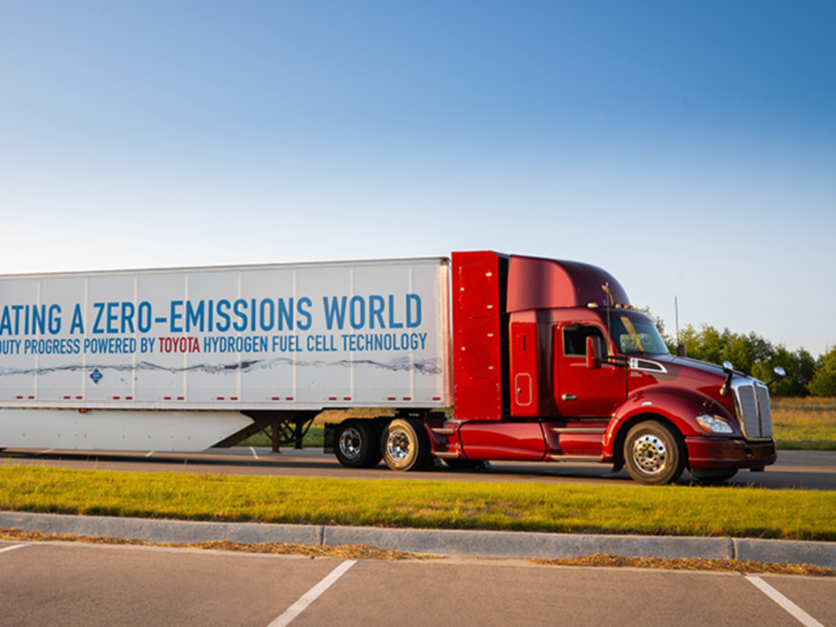Smaller operators hauling goods at California ports have difficult decisions ahead of them as the Air Resources Board (CARB) begins to implement a statewide clean trucks regulation in 2023.
Jaimie Levin of the Center for Transportation and the Environment raised this point at a CARB workshop last week. He said a number of operators moving processed foods, canned foods, wines and refrigerated processed meats need to pull heavier payloads than those pulling durable goods. Some will put in smaller engines or even remove seats to lighten the truck weight for this. These operators also need tractor trucks flexible enough to handle both long and short hauls.
“Even fuel cells, which are a lot lighter than battery tractors, cannot allow them to pull the loads coming off the ships at port,” he said. “You've got to really understand their business, or else all the best efforts we have here to move towards zero emission will not be sustainable.”
A CARB staff researcher explained that the regulation allows time for those owners to “make their business decisions based on what that technology does.” She said the state is working on incentives to help offset the upfront costs and CARB is pushing for 800 zero emission trucks to be ordered this year.
Interested in more coverage and insights? Receive a free month of Agri-Pulse West.
On that note, a new Beacon Economics report finds that shipping container shortages at California’s ports led to marginally lower exports last month. Shipping lines profit from transporting products from Asia to North America, but not by hauling goods in the other direction, according to the report. Many have been stockpiling empty containers or sending them back to Asia as a more cost-effective way to meet the demand.
“With indications of a strong first quarter in 2021 and still low inventory-to-sales ratios in the U.S., it’s fair to suggest that these congestion issues won’t be going away very quickly,” said Christopher Thornberg, founding partner of the firm.


